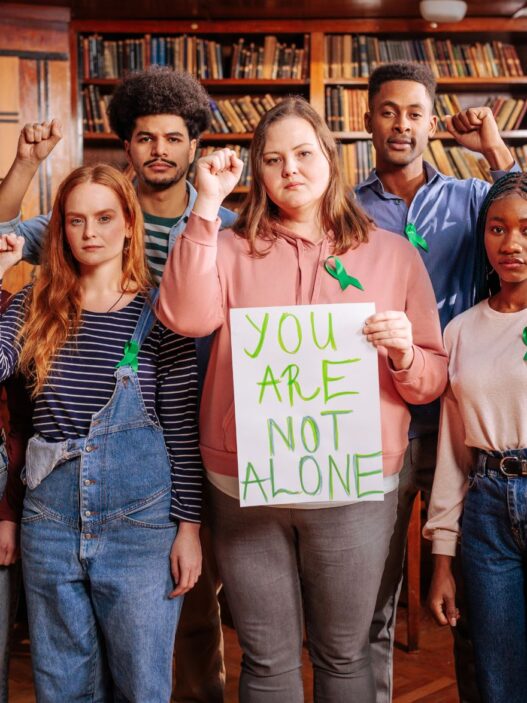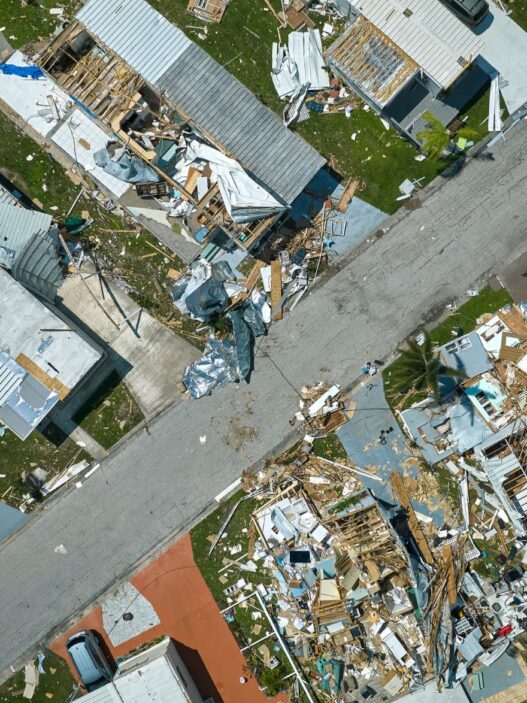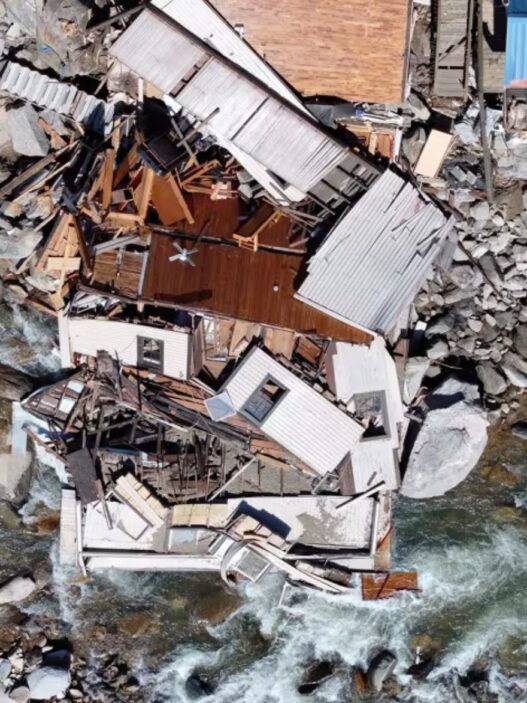The recent UN inquiry has leveled serious accusations against Israel, alleging that its military actions are aimed at destroying Gaza’s healthcare infrastructure.
This report raises concerns about the severe impact on the civilian population, with healthcare facilities being targeted during ongoing military operations.
The Human Cost in Gaza
The humanitarian situation in Gaza has been worsening due to the destruction of healthcare facilities and the lack of essential medical supplies.
Hospitals have been overwhelmed, and clinics are barely able to function.
The blockade has left thousands of people without access to basic healthcare, including treatment for critical conditions.
According to the World Health Organization (WHO), targeting healthcare systems in conflict zones can result in prolonged health crises and increased mortality rates.
The destruction has also led to a massive emotional toll on the population.

Families are left without medical assistance for injured relatives, and patients with chronic conditions, such as diabetes and heart disease, are struggling without access to life-sustaining treatment.
The targeting of these facilities puts the lives of not only the sick but also healthcare workers in jeopardy, creating a dire situation where both caregivers and patients suffer.
Accusations of Human Rights Violations
The UN inquiry stated that the alleged targeting of Gaza’s healthcare system could be considered a “crime of extermination”, a severe accusation under international humanitarian law.
Attacking healthcare facilities, limiting access to essential services, and preventing medical supplies from reaching those in need violates several international norms and treaties that aim to protect civilians during armed conflicts.
The report also highlights the Geneva Convention obligations that all parties in a conflict must adhere to, including ensuring safe access to medical care.
The intentional destruction of healthcare systems can lead to long-term, cascading effects that devastate communities far beyond the immediate conflict.
Healthcare Crisis and the Need for Global Attention
The World Health Organization (WHO) and other humanitarian organizations have urged for an immediate ceasefire to allow medical personnel and aid workers to assist those in need.
The healthcare crisis is growing as Gaza’s remaining facilities run out of supplies, and overworked healthcare workers are pushed to their limits.
The WHO has repeatedly warned that the lack of a functioning healthcare system in Gaza will result in catastrophic loss of life, especially among the most vulnerable groups like children, the elderly, and the chronically ill.
Doctors Without Borders has reported severe shortages of medical supplies, including antibiotics and surgical equipment, which has led to increased fatalities from treatable injuries.
The lack of medical access is compounded by electricity and water shortages, making healthcare delivery almost impossible in some areas.

The International Response
The UN is calling for an immediate international response to support Gaza’s healthcare system.
Humanitarian organizations are asking for the establishment of “humanitarian corridors” to ensure that medical supplies and personnel can reach the hospitals and clinics that are still functioning.
The situation requires swift action from global leaders to protect civilians and healthcare workers.
The International Red Cross has also called for both sides to respect medical neutrality, allowing injured civilians to receive care without fear of further violence.
The findings of the UN inquiry paint a grim picture of the situation in Gaza, where the destruction of healthcare infrastructure has created a major humanitarian crisis.
The allegations against Israel are serious, and the international community must take steps to investigate and address these actions to ensure that civilians are protected and healthcare services are restored.
The human cost of losing healthcare infrastructure is immense, leading not only to physical suffering but also to long-term mental and emotional trauma.
Now is the time for world leaders and organizations to come together to demand the protection of healthcare in conflict zones, ensuring that people have access to the essential services they need to survive.























